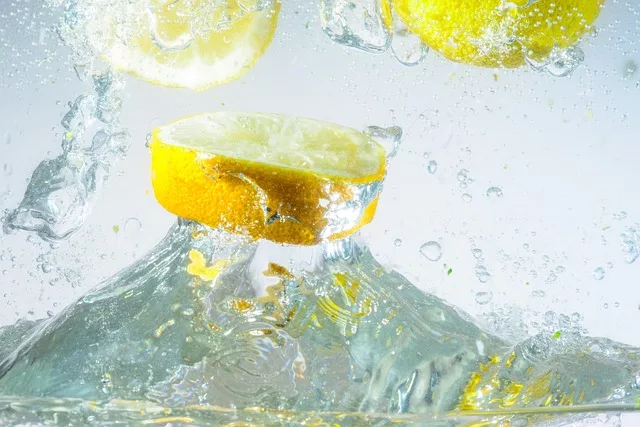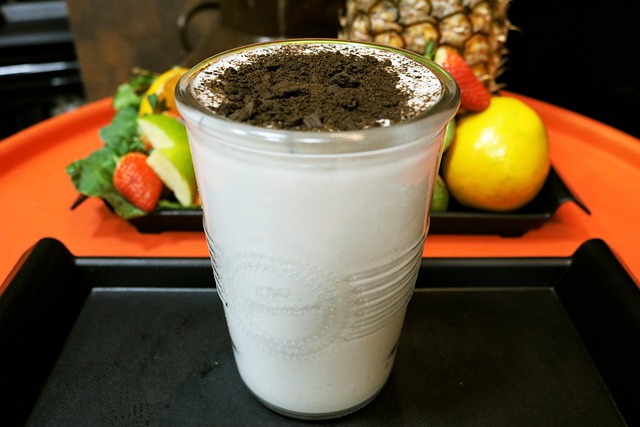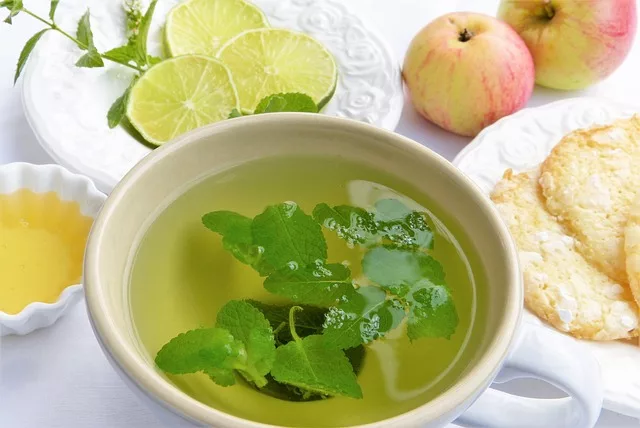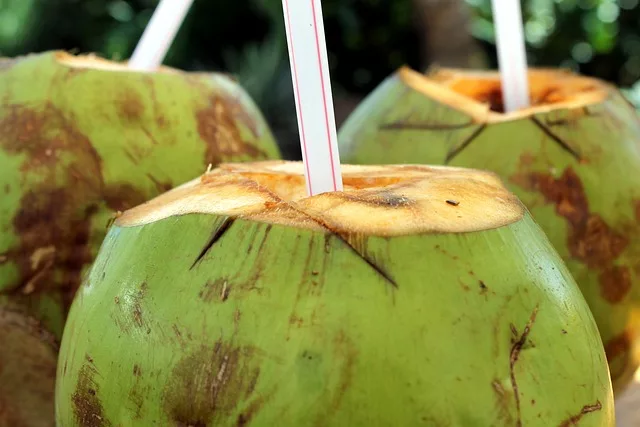Fluid balance is a crucial aspect of overall health and well-being. Maintaining an optimal fluid balance is essential for proper bodily functions, including hydration, nutrient transport, waste elimination, and maintaining stable blood pressure. When fluid balance is disrupted, it can lead to issues such as dehydration or fluid retention. While diuretic medications are commonly used to manage fluid balance, natural diuretics can also be effective in supporting fluid balance. In this article, we will explore the importance of fluid balance and discuss various natural diuretics that can help promote healthy hydration.
The Importance of Fluid Balance
- Hydration and Cellular Function: Fluid balance plays a vital role in maintaining proper cellular function. Water is the primary component of cells and is involved in various biochemical processes, including nutrient absorption, waste removal, and the transportation of substances throughout the body. Adequate hydration supports optimal cellular function and overall physiological health.
- Electrolyte Balance: Fluid balance is closely linked to electrolyte balance. Electrolytes, such as sodium, potassium, and chloride, help regulate the body’s fluid levels. They are essential for nerve function, muscle contraction, and maintaining proper pH levels. Fluid balance ensures that electrolyte concentrations remain within the appropriate range, allowing these vital processes to occur effectively.
- Blood Pressure Regulation: Fluid balance significantly influences blood pressure regulation. When fluid levels are too high, it can lead to increased blood volume and elevated blood pressure. Conversely, inadequate fluid intake can result in decreased blood volume and low blood pressure. Maintaining a healthy fluid balance is crucial for optimizing blood pressure levels and reducing the risk of hypertension.
- Kidney Function and Waste Elimination: The kidneys play a key role in fluid balance by filtering waste products and excess fluid from the blood. Proper hydration supports optimal kidney function, allowing for efficient waste elimination. When fluid balance is disrupted, such as during dehydration or fluid retention, kidney function can be compromised, leading to complications.
Natural Diuretics for Fluid Balance
Dandelion Leaf
Dandelion leaf is a well-known natural diuretic that promotes fluid elimination and supports kidney health. It contains compounds that increase urine production without depleting essential electrolytes. Dandelion leaf can be consumed as a tea or taken in supplement form.
Nettle
Nettle is a gentle diuretic that helps flush out excess fluid while providing essential nutrients. It supports kidney function and is rich in minerals, including potassium. Nettle can be consumed as a tea or added to soups and stews.
Parsley
Parsley has diuretic properties and is often used as a culinary herb. It contains compounds that enhance urine production and promote the elimination of waste and excess fluids. Parsley can be used in cooking or prepared as a tea.
Hibiscus
Hibiscus tea acts as a natural diuretic while offering additional health benefits. It helps flush out excess fluid, supports healthy blood pressure levels, and provides antioxidant properties. Hibiscus tea can be consumed hot or cold.
Lemon
Lemon is a natural diuretic that helps stimulate urine production and supports kidney function. It is rich in citric acid, which increases urine acidity and promotes fluid elimination. Squeezing fresh lemon juice into water or using it as a flavoring agent can provide diuretic benefits.
Maintaining fluid balance is crucial for optimal health and well-being. Natural diuretics can be incorporated to support fluid balance. Natural diuretics can complement a healthy lifestyle but should not replace medical advice or treatment.
Image by Gerhard Bögner from Pixabay
Water, Milk and More
-

Are Plant-Based Protein Drinks Good Alternative to Milk?
With the rising popularity of plant-based diets and the growing awareness of environmental and health concerns associated with dairy consumption, plant-based protein drinks have emerged as a prominent alternative to traditional milk. Derived from various plant sources like soy, almond, pea, and hemp, these beverages are promoted for their nutritional content, ethical appeal, and environmental…
-

Why Herbal Teas and Which Are the Best for Wellness
-

Coconut Water vs. Sports Drinks: Which One is Better for You?
-

Drink Coconut Water for Max Hydration and Energy
-

How to Support Fluid Balance with Natural Diuretics
-

The Impact of Coffee on Hydration: Myths vs Facts
-

Symptoms of Dehydration and How to beat it








Leave a Reply